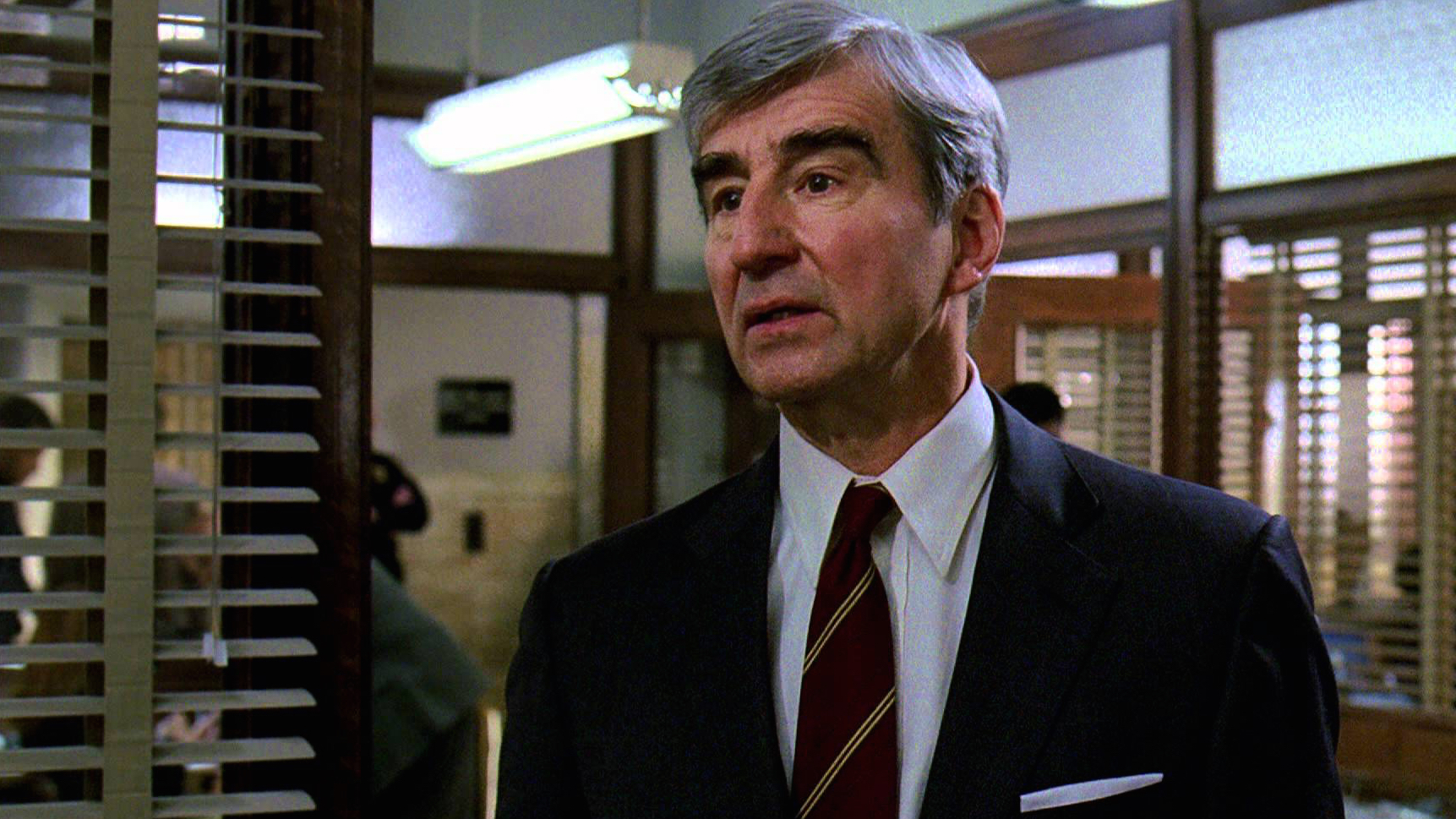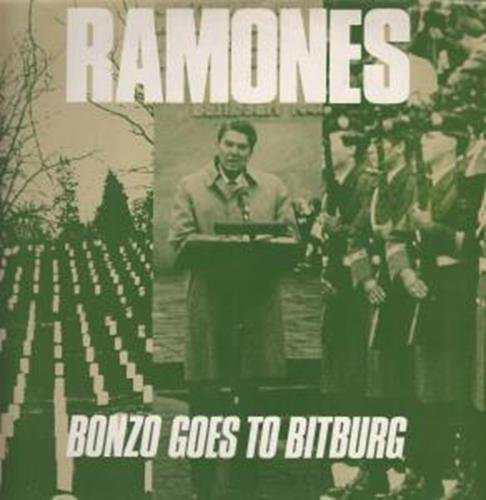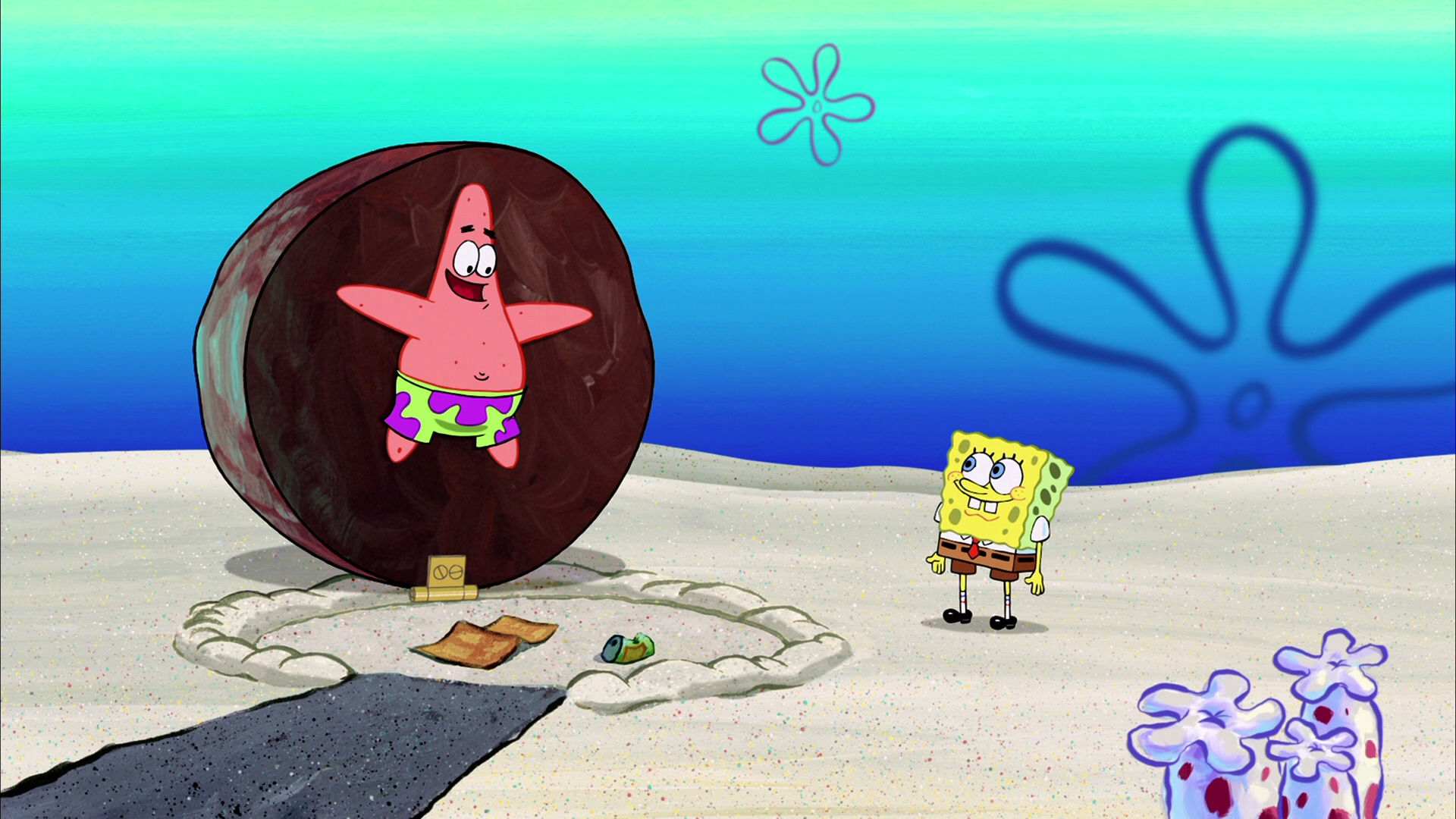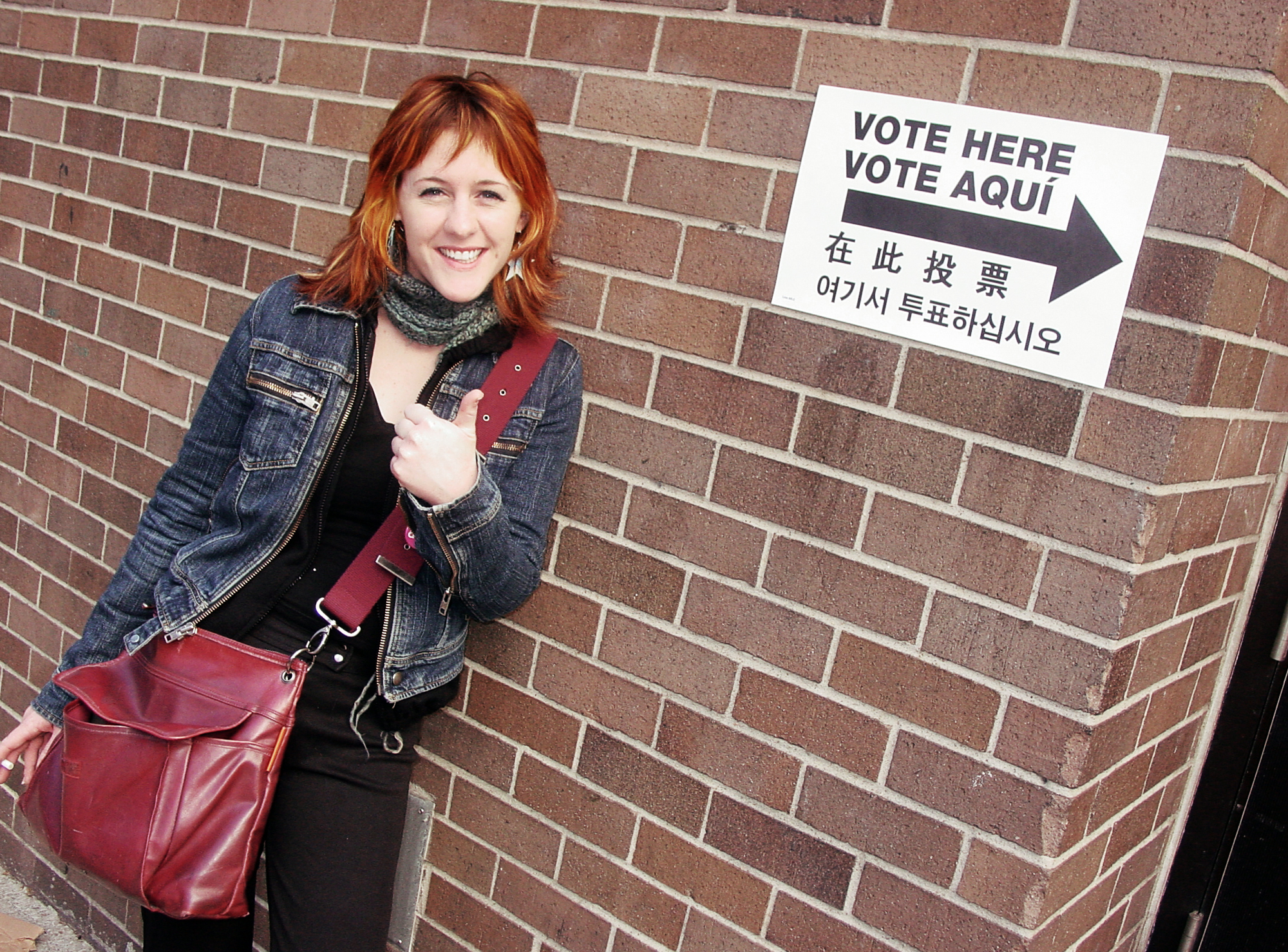My quote of the year (so far) goes to Vermont Governor Jim Douglas, explaining why the state isn’t cracking down on illegal immigrants working on dairy farms: “I respect the laws of the United States, of course. But the cows have to be milked”.
The governor is quoted in a New York Times story about Vermont’s massive exodus of young people. One result is a worker shortage that makes it hard for businesses to justify staying in the state or simply expanding operations. Fewer jobs mean more young people looking elsewhere for work. Fewer young workers mean fewer businesses offering jobs. Pick a term: Negative feedback loop, perpetual motion machine, or the economic equivalent of song, “There’s a Hole in the Bucket“.











